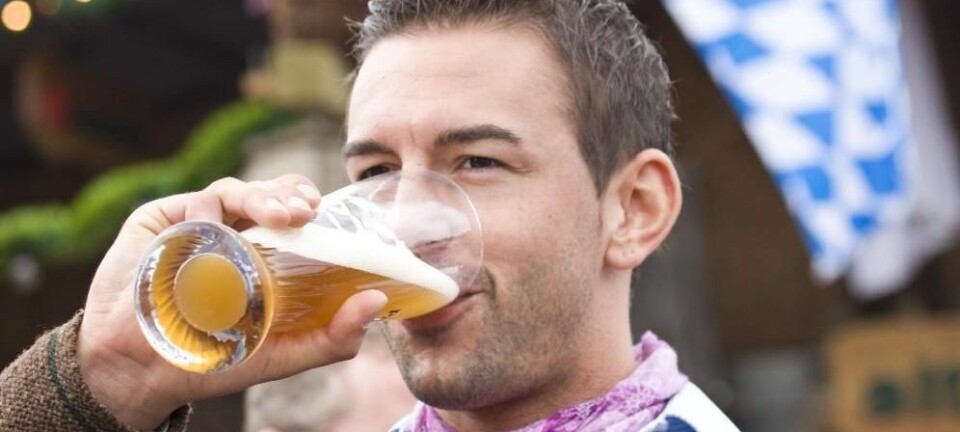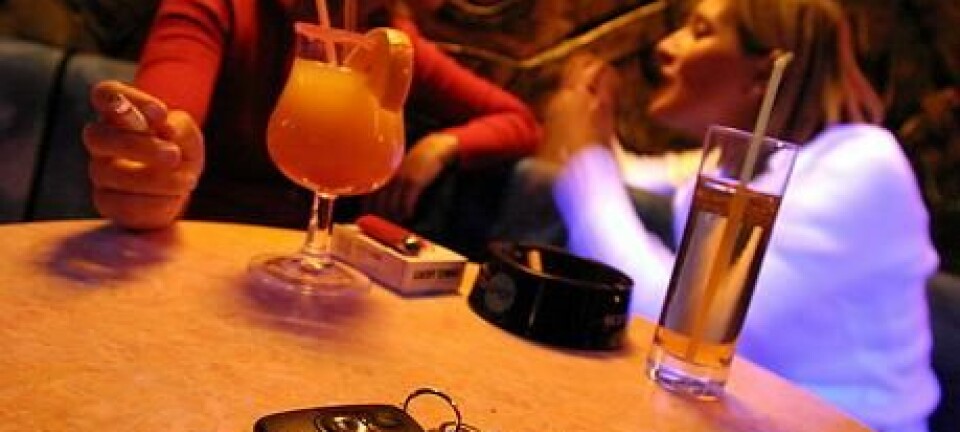An article from University of Oslo

Alcohol prevents development in Malawi
Positive expectations towards drinking alcohol in Malawi will in the end promote drinking itself, according to researcher.
Denne artikkelen er over ti år gammel og kan inneholde utdatert informasjon.
If you feel that consuming alcohol will lead to something pleasant, like fun, enjoyment and relaxation, chances are that you will drink alcohol, says Henrik Natvig, associate professor at the University of Oslo.
This connection will be even stronger if society says it’s OK to do so.
"Alcohol expectancies are understood as expectancies to obtain reinforcement which is known to promote more action. Social alcohol expectancies (subtype of social attitudes) are the most influential type of expectancies and are closely linked to alcohol use," explains Natvig.
Natvig works at the Department of Psychology and participates in a SINTEF study aimed at alcohol use in Malawi, where he is looking at the social psychological aspect of Malawian drinking culture.
Prevents development

Malawi is one of the world’s least developed countries and the Malawian government depends heavily on foreign aid to meet developmental needs.
One of its biggest social problems is the heavy use of alcohol, which is preventing the country from further development.
The collaborative project started two years ago and finishes in November this year. The target of the project has been to map out the issues of the Malawian drinking problem.
"As much as 25-30 percent of the male population over 18 years are drinking. That is a lot when you only make one or two dollars a day, and spend all your money on booze," says Natvig.
Reducing the status
It is mostly men who drink in Malawi, but the research-team has data, which shows that also a small percentage of women drink.
The problem right now is that even though the average family barely survives on a minimum of money, some chooses to spend that money on alcohol instead of food to their family.
Thus, solving this problem is crucial to a sustainable development for Malawi.
By discovering the social psychological components of the alcohol problem, the country may be one step further towards sustainability.
But how do you change the alcohol use in Malawi?
"By examining if social alcohol expectations are closely related to drinking also in Malawi, we obtain a pathway for prevention efforts," says Natvig.
"Predictors that related strongest to drinking will have the strongest potential for changing the behavior," he explains.
Negative campaign
A good example of this is the anti-smoking campaign in Norway ten years ago. This campaign turned out to be of great success because it turned cigarettes from something regarded desirable to something repulsive: It went from being considered cool and aloof to something dumb and unhealthy, according to Natvig.
It turned the positive attitudes towards smoking into negative and the smoker status fell.
"Such a strong relationship between expectancies (or other predictors such as social norms and self-efficacy) and drinking is what we hope to find Malawi. Only then can we change the action based on science and not only based on educated guessing," he says.
The challenge is also preventing the population as a whole from drinking more.
"The more the population as a whole drinks, the more will the people who drink the most, drink."



































